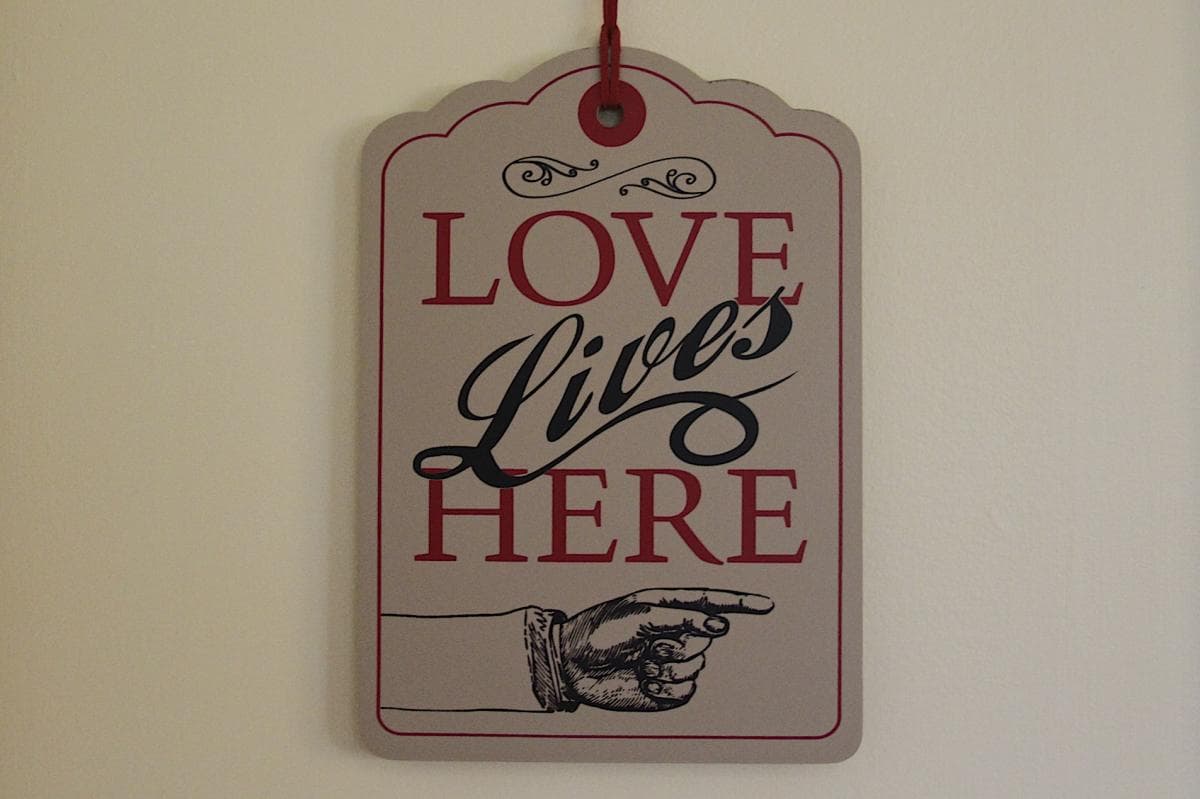
I've mentioned hospice in some of my previous post so you know I am a supporter of the program As more of my friends are helping a loved one during their end of life journey, I've been asked about my experiences with hospice as a volunteer and as a one who asked for their assistance during my mother's end of life journey. I am glad to share my observations about this organization.
Hospice is a movement that came into the United States circa the 1970's as a response to what medical people, particularly nurses, saw as people dying "badly". The medical system was set-up to heal and help the living; medicine didn't know what to do for the dying. In many cases people were released from the hospital to go home, often in pain, to die alone. Hospice came into being to support the dying and their familes during the end of life journey.
When hospice is called to take the lead on caring for a patient it means the patient, his or her family and their doctor has made the decision to stop actively seeking treatment for a medical condition. The decision to request hospice support is a difficult one because it's an acknowledgment that medicine can no longer do anything to stop a disease or in most cases reverse aging. Hospice comes in to act as a guide during the end of life journey by managing patient care through pain management and comfort, walking friends and family through the stages of death and offering grief support to the family.
The length of time a person spends in the program depends on when hospice is called in to the process. While I volunteered for hospice, I visited one man for a year before he passed away but many other people passed away after a week or two of being in the program. One time I spent an afternoon with a women and her dying sister until the rest of her family could assemble and offer each other support. The reality is that in most cases hospice could be called in sooner but families and doctors are reluctant to "give up" so they resist calling hospice. In my own family, I tried to get hospice involved with my mother sooner but the home health person we hired to help mom was resistant to the program and candidly, made the process a negative one. Key members of the family were out of town when my mother started to actively die and our home health person refused to call hospice; family had to return to town to get the process started. My mother died a week later.
Today people talk a lot about what services hospices has to offer and how cost effective it is. That is all true. But I believe that the real "service" hospice brings to the table is experience. Few of us have "experience" in dying. We become lost, afraid and emotionally drained as we try to navigate the end of life journey with someone we love. The people of hospice have that experience; they can guide you though the medical, legal and emotional process. Can they take all the pain away? No. But they can be there to answer questions, broker medical needs and sometime just listen or offer a hug when it all seems overwhelming.
Hospice started as a grassroots movement to take the end of life journey out of the cold, impersonal setting of a hospital or worse yet, a lonely, painful journey at home. When a friend or acquaintance calls in hospice, it is an acknowledgement that the dying process has started and that science has done all it can. That process may take months, weeks or days but the goal of the program is to limit the suffering of the patient and help family and friends navigate what can be a painful journey for them. When the time comes, I encourage you to seek the talents of a hospice group to help you and your family along this path.
Hugs,
C